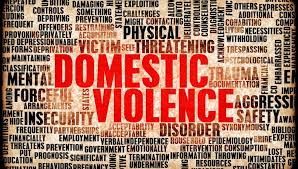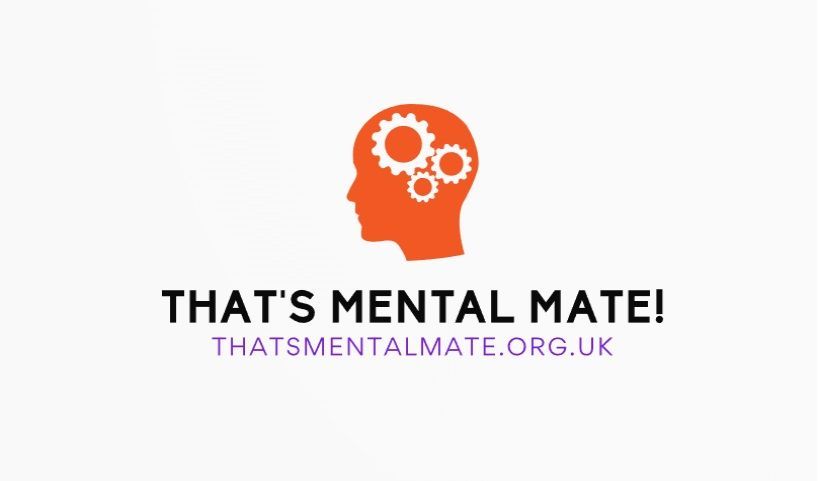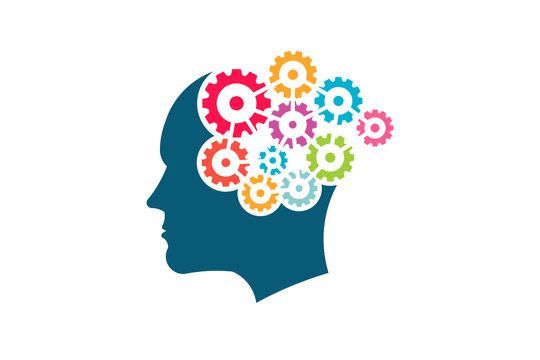Domestic Violence

Some 1.2 million women and 700,000 men experience domestic violence each year, according to the Office for National Statistics.
However, these figures relate only to official reports of violence, with the real figure likely to be much higher. The effect on survivors' mental health is profound and obvious.
- Domestic violence has an estimated overall cost to mental healthcare of £176 million.
- Research suggests that people experiencing domestic abuse are more likely to experience mental health problems. In contrast, women with mental health problems are more likely to be domestically abused, with 30-60% of people with mental health problems have experienced domestic violence.
- Domestic violence is associated with depression, anxiety, PTSD and substance abuse in the general population.
- Exposure to domestic violence has a significant impact on children's mental health. Many studies have found strong links between poorer educational outcomes and higher levels of mental health problems.
Support
Below are some local organisations that may be able to help you. If there are any organisations that you think should be listed, please let us know by clicking here.
If you would like to see some national organisations, please click here.
Cranstoun
The Wokingham Domestic Abuse Service brings together an integrated range of programmes and interventions to support victims and survivors of domestic abuse. Programmes and services are delivered by highly experienced and skilled staff with unique skills in domestic abuse. We are dedicated to delivering the best support possible for the Wokingham community, and do so by providing the following:
- Assessment and support for victims and children
- Assessment and support for perpetrators
- Refuge accommodation
- Support related to domestic abuse for children and young people in schools
- Targeting services to the most vulnerable and hard to reach groups
- Working with health providers to establish referral pathways
- Outreach victim/survivors case work
- Support to children including both one to one and group support
- Domestic abuse awareness including PSHE support and professional training
- ‘Seeking Safety’ and ‘Freedom’ programmes, groups for victims and survivors
We are here to support you and your family.
It is vitally important that you contact the police on 999 if you are in immediate danger or 101 if the threat is not imminent. Nobody should be victim to domestic violence. You can also text 999 if you have registered for emergencySMS services.



